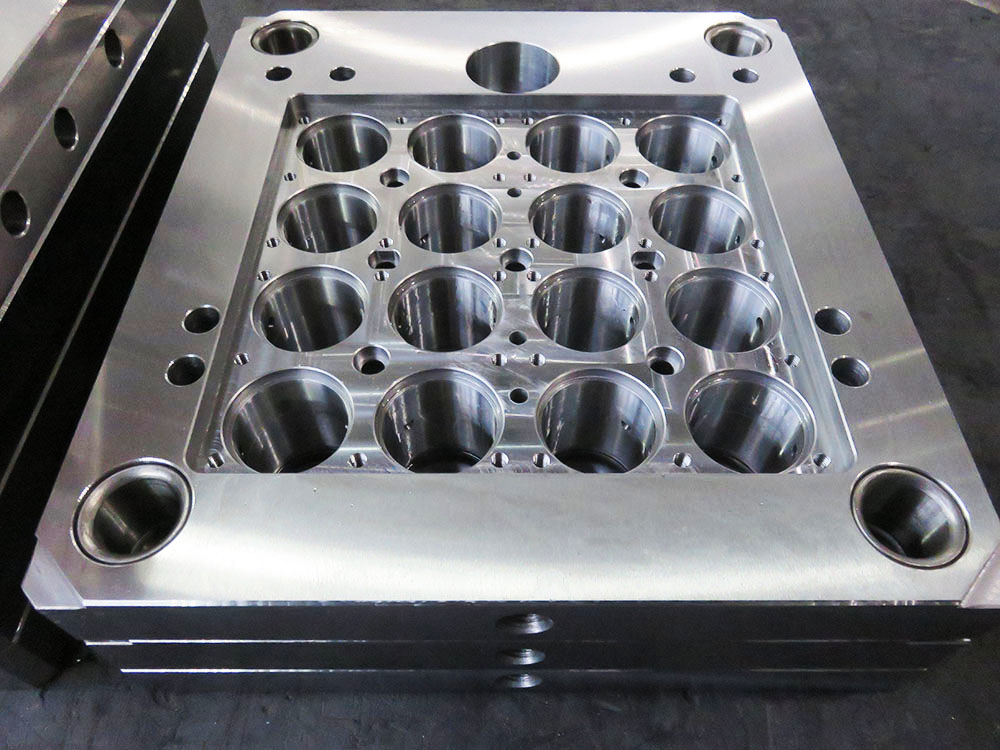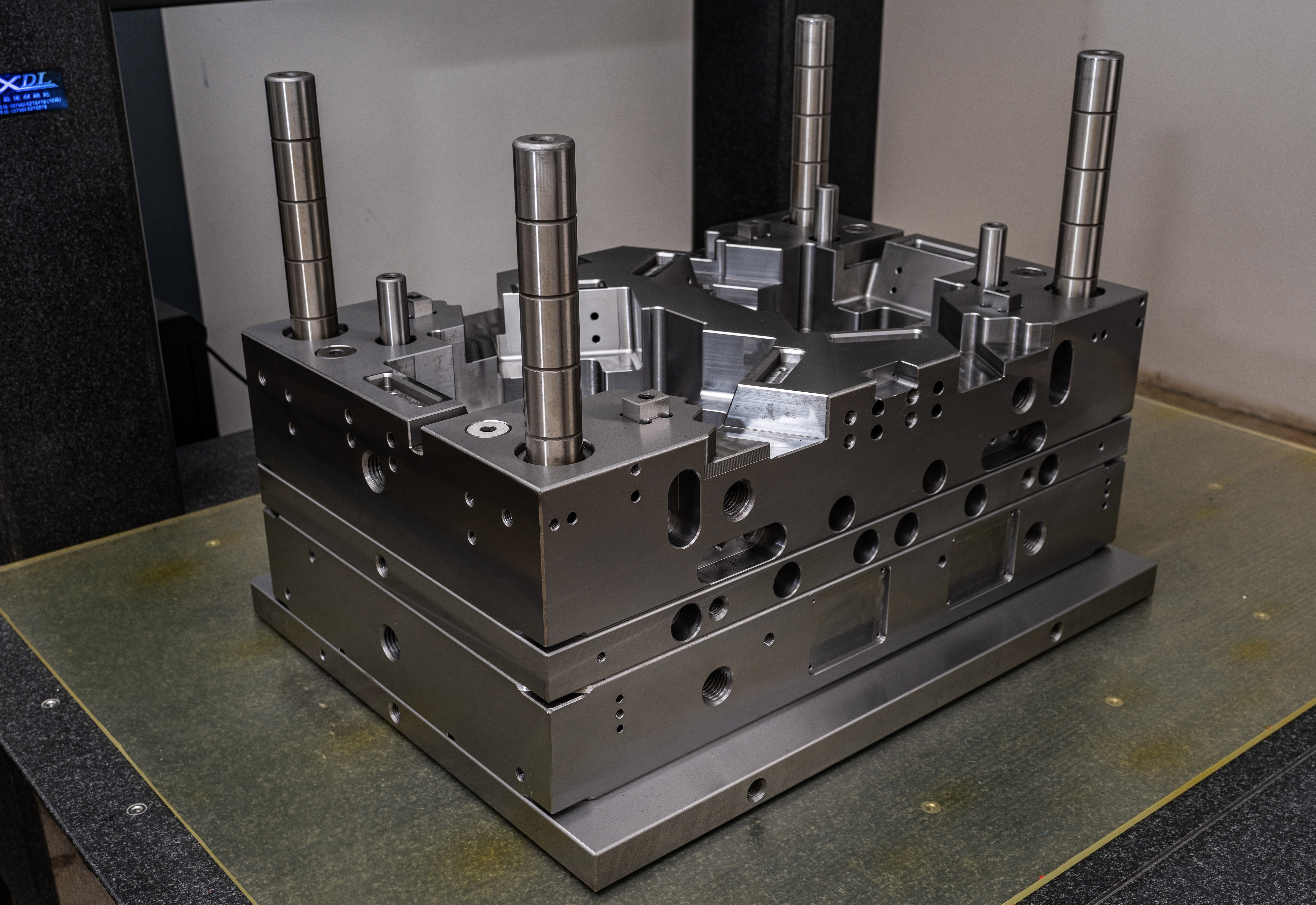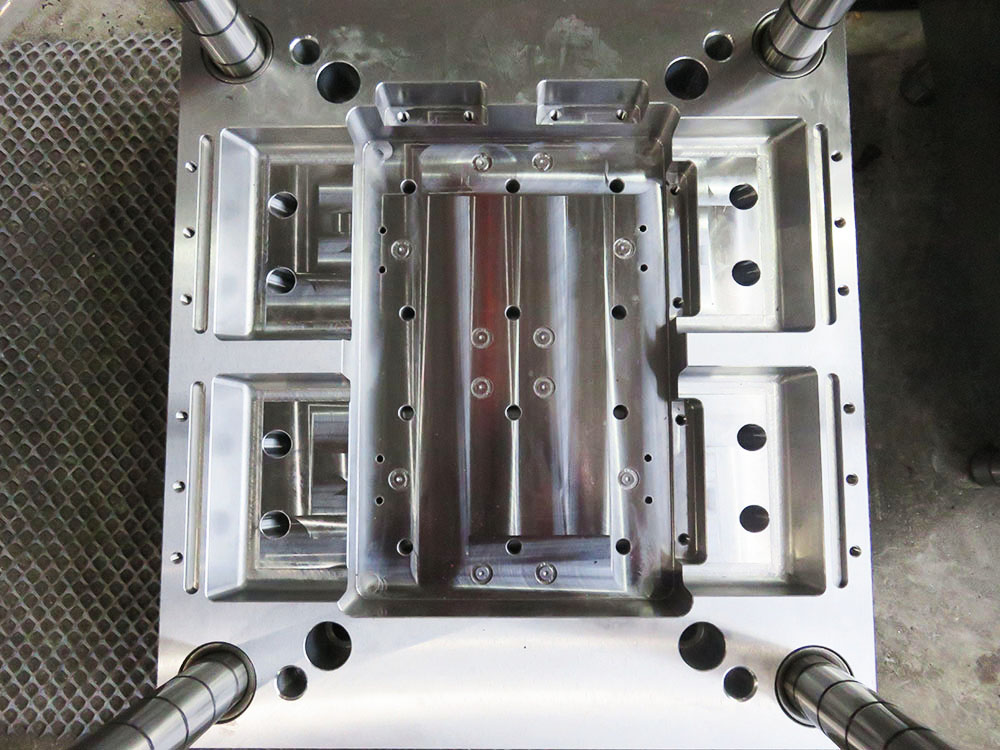Overview of the Support System for Model Construction in the Mold Base Industry
The mold base industry plays a crucial role in providing the foundation for various mold applications in industries such as automotive, aerospace, and consumer goods. The support system for model construction is an integral part of this industry, ensuring the successful design and manufacturing of high-quality molds. This article aims to provide an overview of the support system used in the mold base industry, highlighting its importance and key components.
1. Design Assistance
Design assistance is one of the primary components of the support system for model construction in the mold base industry. It involves working closely with customers to understand their requirements and translating them into feasible design solutions. Dedicated design teams utilize advanced software tools to create 2D and 3D models that accurately represent the final molds. This assistance extends to considering factors such as material selection, mold flow analysis, and component integration.
2. Technical Consultation
Technical consultation is another crucial aspect of the support system in the mold base industry. Mold base manufacturers employ experienced engineers who provide expert advice and guidance throughout the entire model construction process. These professionals offer valuable insights into mold design optimization, material selection, manufacturing feasibility, and cost-saving opportunities. Their expertise ensures that the final mold meets the highest quality standards and is suitable for the intended application.
3. Material Selection
The selection of suitable materials for mold construction is vital in ensuring the longevity and performance of the molds. The support system provides assistance in choosing the right materials based on factors such as the type of application, expected production volumes, and budgetary constraints. Materials commonly used in the mold base industry include various grades of steel, aluminum, and ceramics. The expertise of the support system helps optimize material selection for maximum durability and cost-effectiveness.
4. Customization and Integration
The support system for model construction in the mold base industry also offers customization and integration services. Each mold base is unique, tailored to the specific requirements of the customer and their application. The support system allows for customization of features such as cavity and core layouts, cooling systems, ejection systems, and mold base size. Moreover, it ensures seamless integration of components such as guiding systems, hot runner systems, and ejector pins, optimizing mold performance and productivity.
5. Quality Assurance
Quality assurance is an essential component of the support system in the mold base industry. Mold base manufacturers implement stringent quality control measures at every stage of model construction to ensure the highest standards are consistently met. This includes rigorous inspections during the design, manufacturing, and assembly processes. Furthermore, the support system may include additional quality tests such as dimensional checks, hardness testing, and surface finish evaluations. These measures guarantee that the final mold base is flawless and capable of withstanding demanding production environments.
Conclusion
The support system for model construction in the mold base industry is a multifaceted approach that encompasses design assistance, technical consultation, material selection, customization, integration, and quality assurance. It acts as the backbone of the industry, ensuring the successful creation of high-quality molds that meet customer requirements. By utilizing the expertise provided by the support system, mold base manufacturers can enhance their capabilities, improve productivity, and deliver superior products to a wide range of industries.




